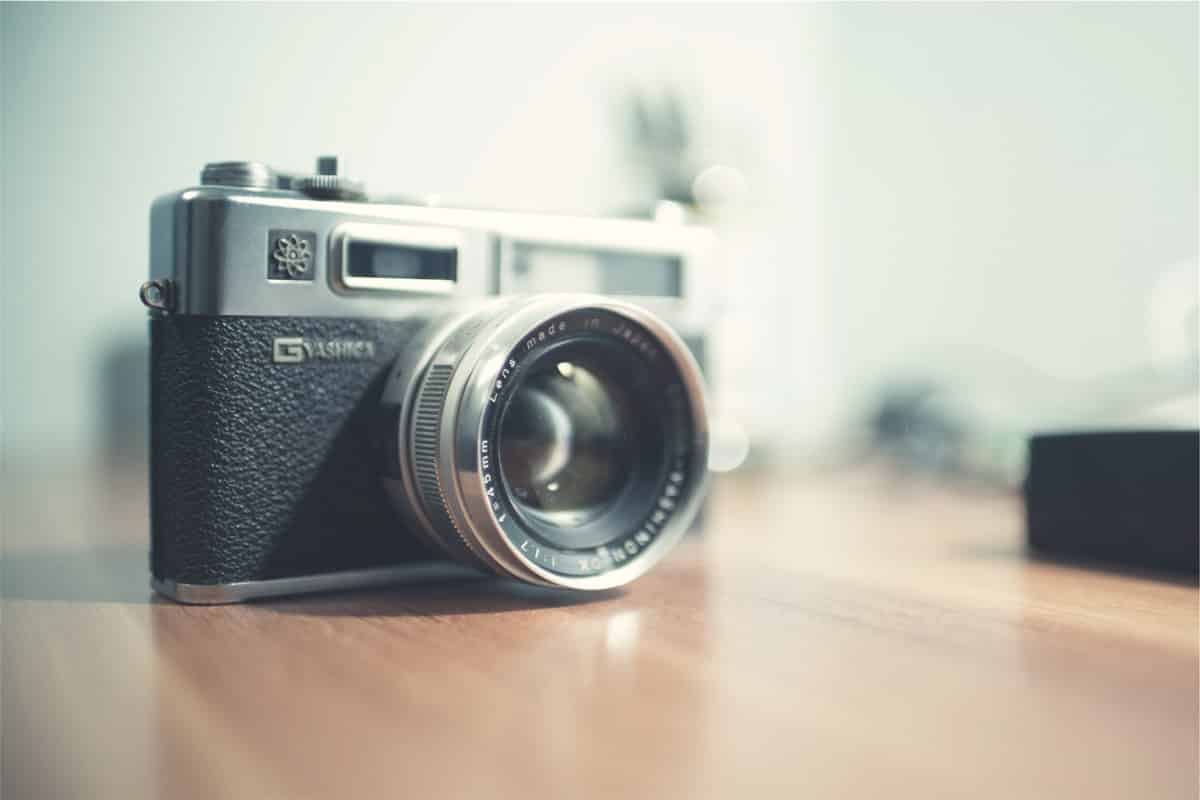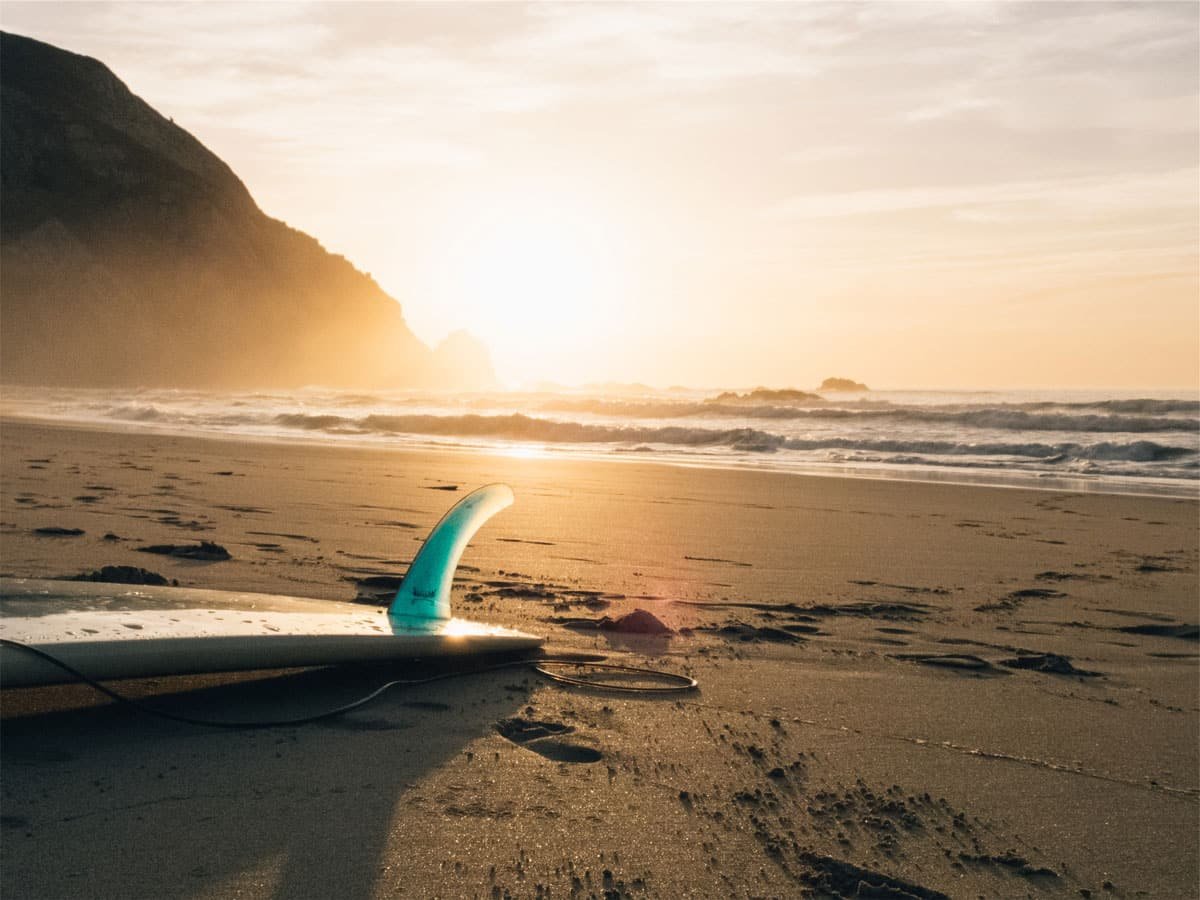Mastering the art of duck hunting requires a deep understanding of waterfowl behavior, effective gear, and refined hunting techniques that prioritize conservation and sustainability. Combining knowledge of duck behavior with a strong moral compass refines hunting techniques and increases success rates. Adapting to diverse environments and species is key to refining hunting strategies. From understanding migration patterns to respecting bag limits, every detail counts. By embracing responsible hunting practices and conservation efforts, hunters can preserve habitats and duck populations for generations to come. As you venture into the field, uncover the secrets that separate the pros from the amateurs.
Key Takeaways
- Understanding duck behavior is crucial to anticipating their next move and developing effective hunting techniques.
- Adapting to diverse environments and species refines hunting strategies and increases success rates.
- Embracing Waterfowl Conservation practices ensures the long-term sustainability of the sport and preserves habitats and duck populations.
- Combining knowledge of duck behavior with a strong moral compass and adhering to hunting ethics safeguards sustainable hunting practices.
- Effective gear and equipment choices, such as water-resistant blind bags and insulated waders, enable hunters to focus on the thrill of the hunt.
Mastering Waterfowl Hunting Strategies
When it comes to mastering waterfowl hunting strategies, understanding the nuances of duck behavior and adapting to diverse environments and species is key to a successful hunt. A seasoned Hunting Mentor can provide invaluable insights into the intricacies of waterfowl behavior, allowing hunters to refine their approach and increase their chances of success. In addition, embracing Waterfowl Conservation practices guarantees the long-term sustainability of this beloved sport. By adopting responsible hunting practices and supporting conservation efforts, hunters can help protect habitats and preserve duck populations for future generations. By combining expert knowledge with a commitment to conservation, hunters can elevate their skills and contribute to the preservation of this cherished tradition.
Effective Gear and Equipment Choices
By harnessing the knowledge of a seasoned Hunting Mentor and committing to responsible conservation practices, hunters can now turn their attention to selecting the right gear and equipment to optimize their waterfowl hunting experience. In the Waterfowl Diaries, we emphasize the importance of Gear Essentials, ensuring that every piece of equipment serves a purpose. Here are three must-haves for a successful hunt:
- Water-resistant blind bag: Keep your gear dry and organized in the marsh.
- Insulated waders: Stay warm and comfortable in cold water.
- Decoy weights: Secure your decoys and focus on the hunt, not the wind.
With the right gear, hunters can focus on what matters most – the thrill of the hunt. By prioritizing effective gear and equipment choices, waterfowl enthusiasts can elevate their hunting experience and make the most of their time in the field.
Hunting Techniques for Success
Effective hunting techniques are the culmination of skill, strategy, and adaptability, allowing waterfowl enthusiasts to outsmart their quarry and reap the rewards of a successful hunt. Understanding duck behavior is vital in developing effective hunting techniques. By studying their migration patterns, habitat preferences, and social behaviors, hunters can anticipate and prepare for their quarry's next move. Additionally, adhering to hunting ethics, such as respecting bag limits and avoiding over-hunting, safeguards a sustainable and responsible hunting practice. By combining knowledge of duck behavior with a strong moral compass, hunters can refine their techniques, increase their success rate, and contribute to the conservation of waterfowl populations.
Frequently Asked Questions
How Do I Stay Warm and Dry in Freezing Wetland Conditions?
When braving freezing wetland conditions, prioritize cold weather gear like insulated jackets and waterproof socks to maintain body heat and prevent moisture intrusion, ensuring a comfortable and successful hunt.
Can I Use My Rifle Scope for Duck Hunting?
When the fog of uncertainty lifts, a vital question emerges: can you repurpose your rifle scope for duck hunting? In short, no – a dedicated optic is essential. Opt for a scope specifically designed for waterfowl, prioritizing optic selection and scope comparison for a clear shot.
What's the Best Way to Transport and Store My Decoys?
For efficient decoy transport and storage, prioritize decoy maintenance by cleaning and drying them after use, then store them in a protective case or bag, utilizing gear organization techniques to prevent damage and facilitate quick setup.
How Do I Handle and Process Harvested Waterfowl Humanely?
Like a chef preparing a culinary masterpiece, handling harvested waterfowl requires precision and care. For humane and safe handling, prioritize Field Dressing and Meat Preservation techniques to guarantee a respectful and edible harvest.
Are There Any Specific Laws or Regulations for Hunting Waterfowl?
When hunting waterfowl, make certain to understand Federal permits and Migratory limits. Verify you have the necessary permits, and familiarize yourself with daily bag limits, possession limits, and species-specific regulations to hunt responsibly and legally.
Conclusion
In the pursuit of duck hunting mastery, adaptability is key. Like a willow tree that bends to withstand the force of a storm, a skilled hunter must be willing to adjust tactics in response to changing environmental conditions. Consider the 2018 Louisiana duck season, where a severe drought forced hunters to adapt to unorthodox habitats, resulting in a 25% increase in harvest rates. By embracing flexibility and staying attuned to the dynamic interplay between habitat and behavior, hunters can increase their chances of success in the field.









